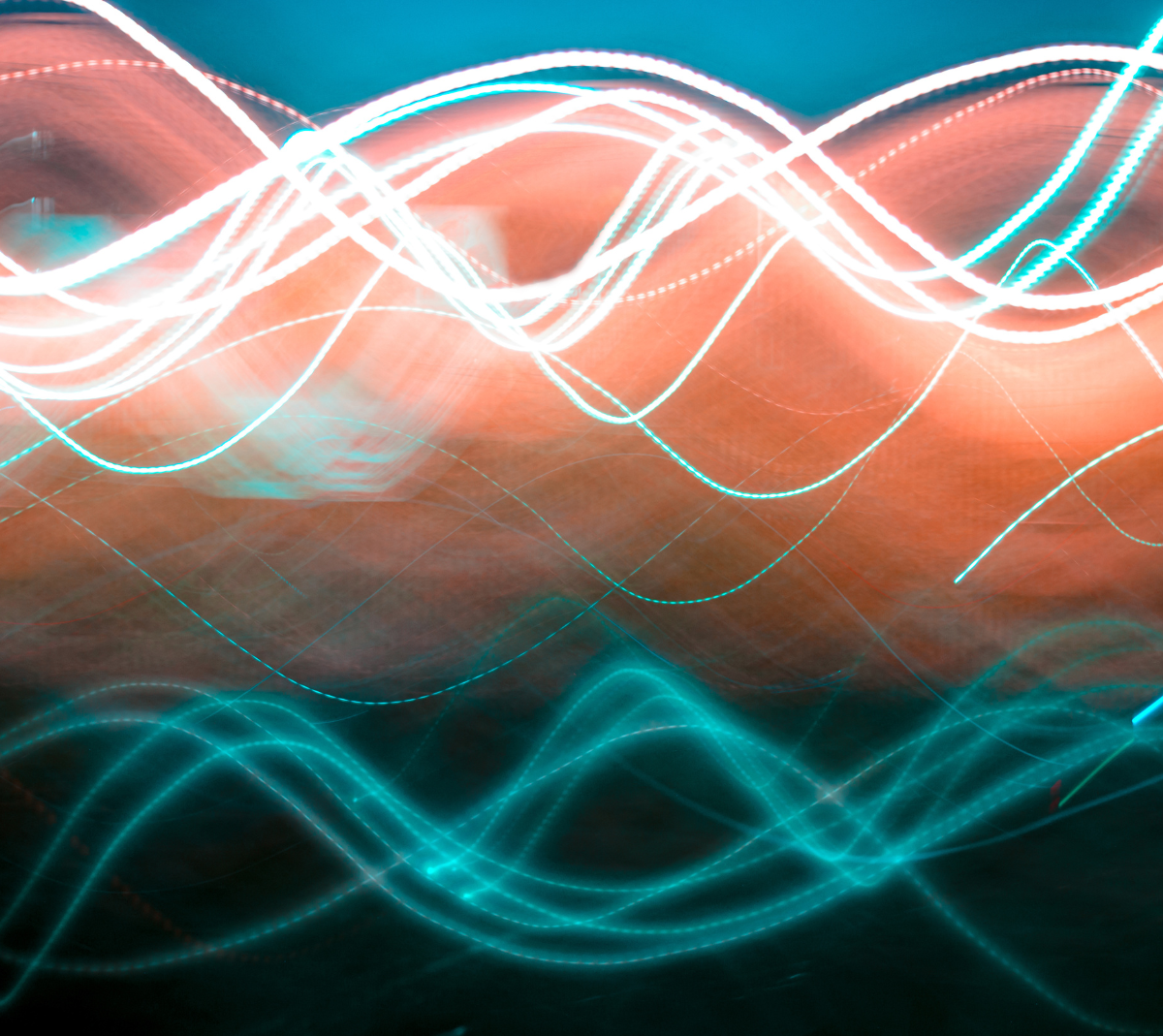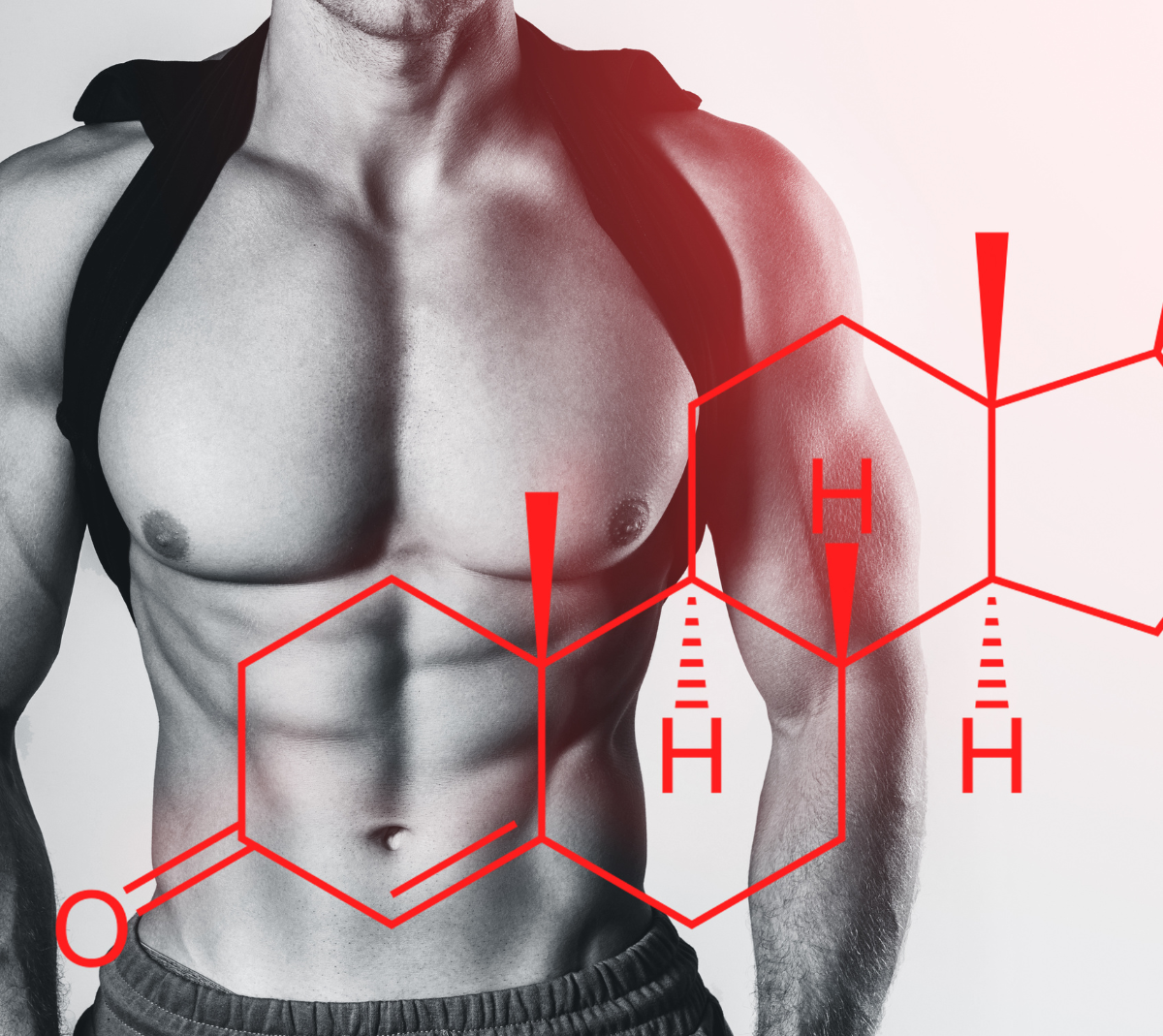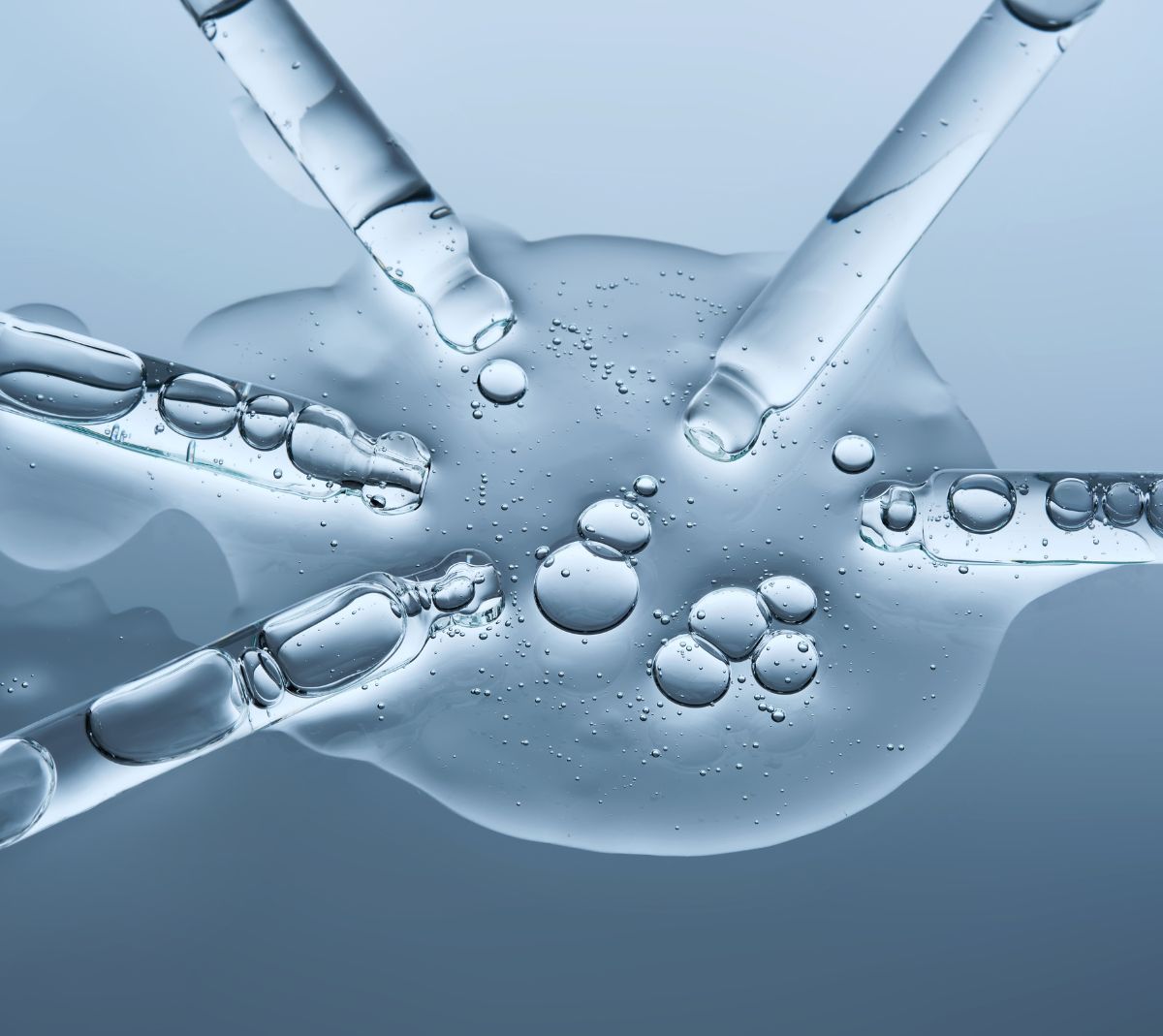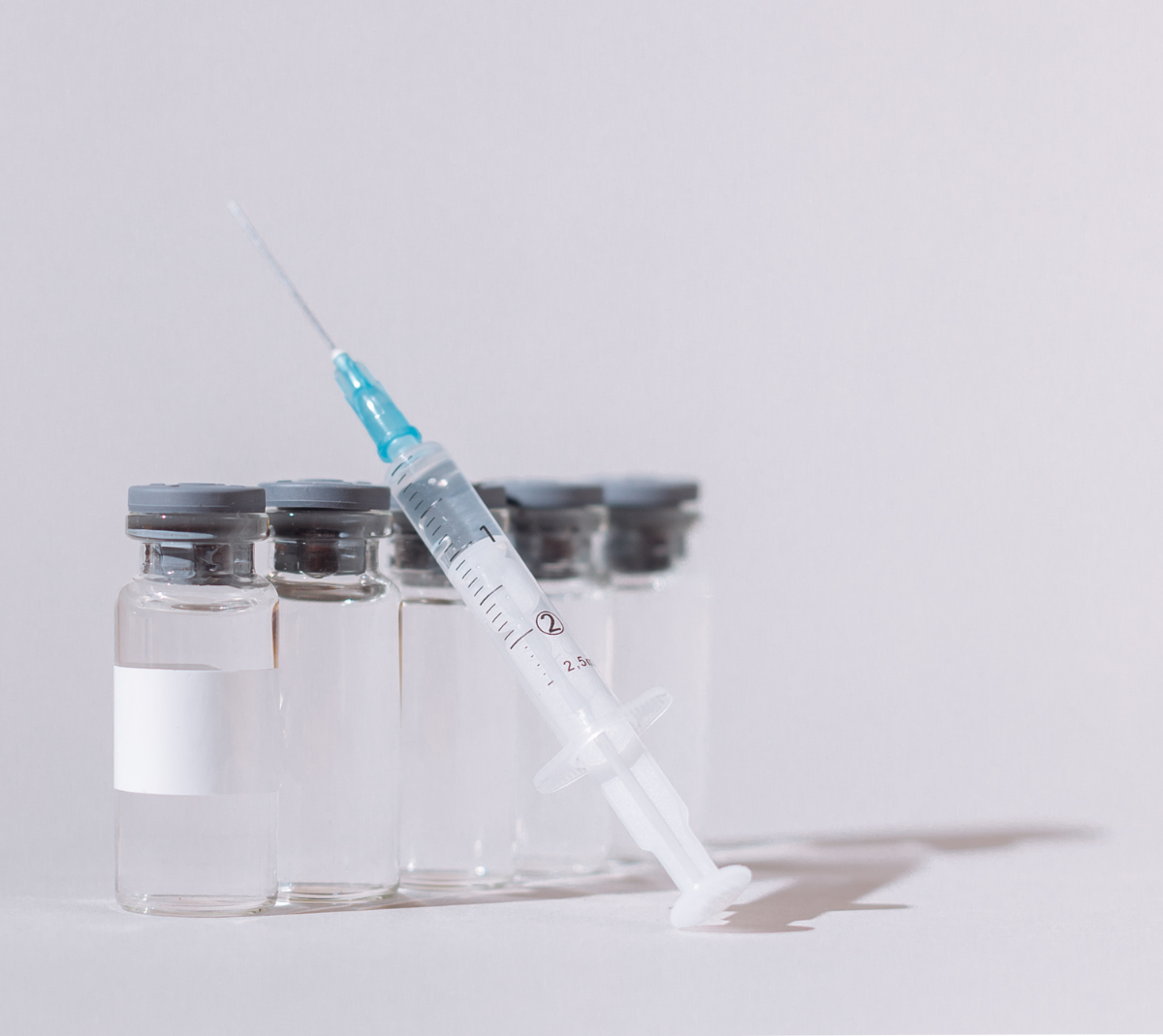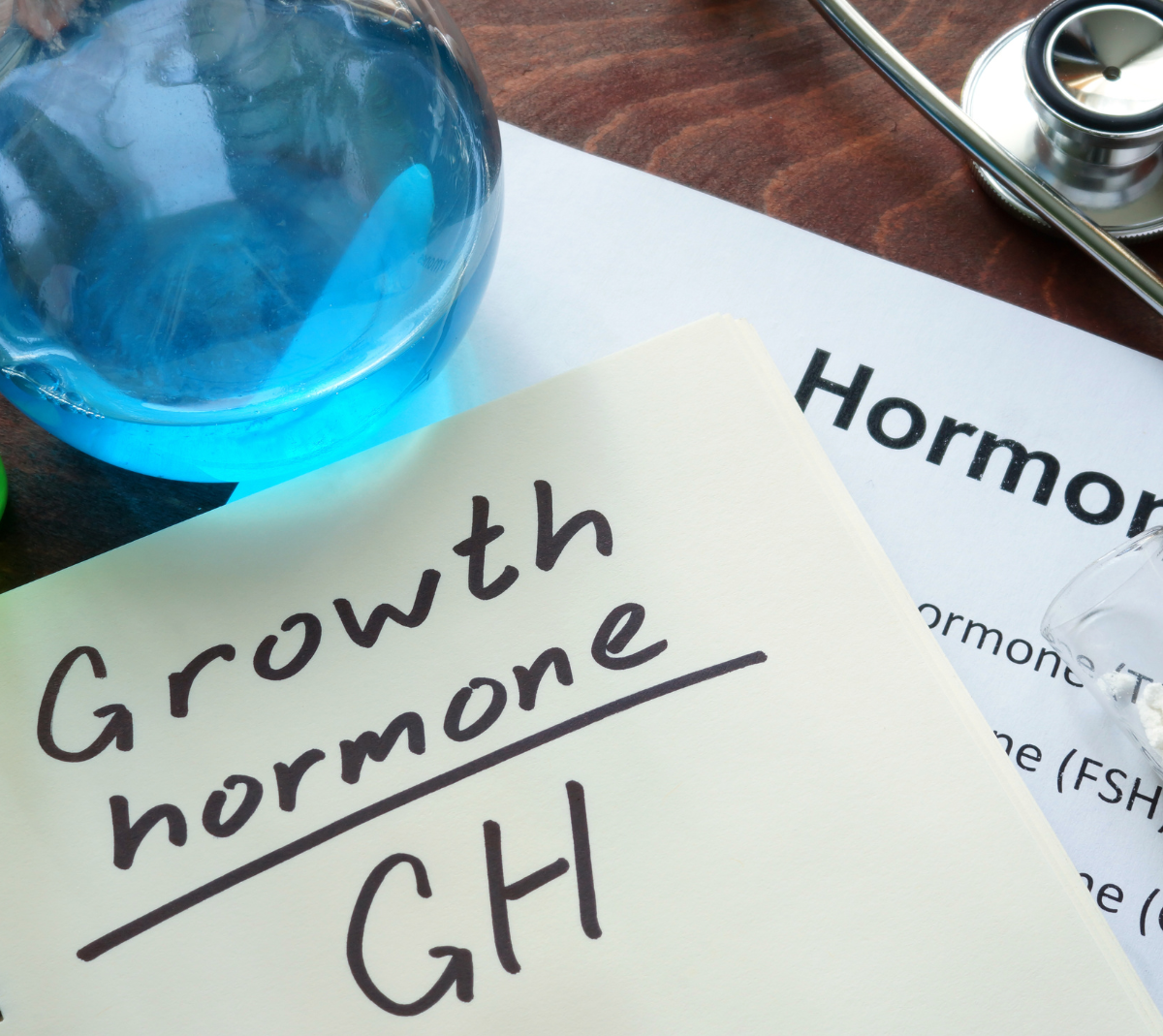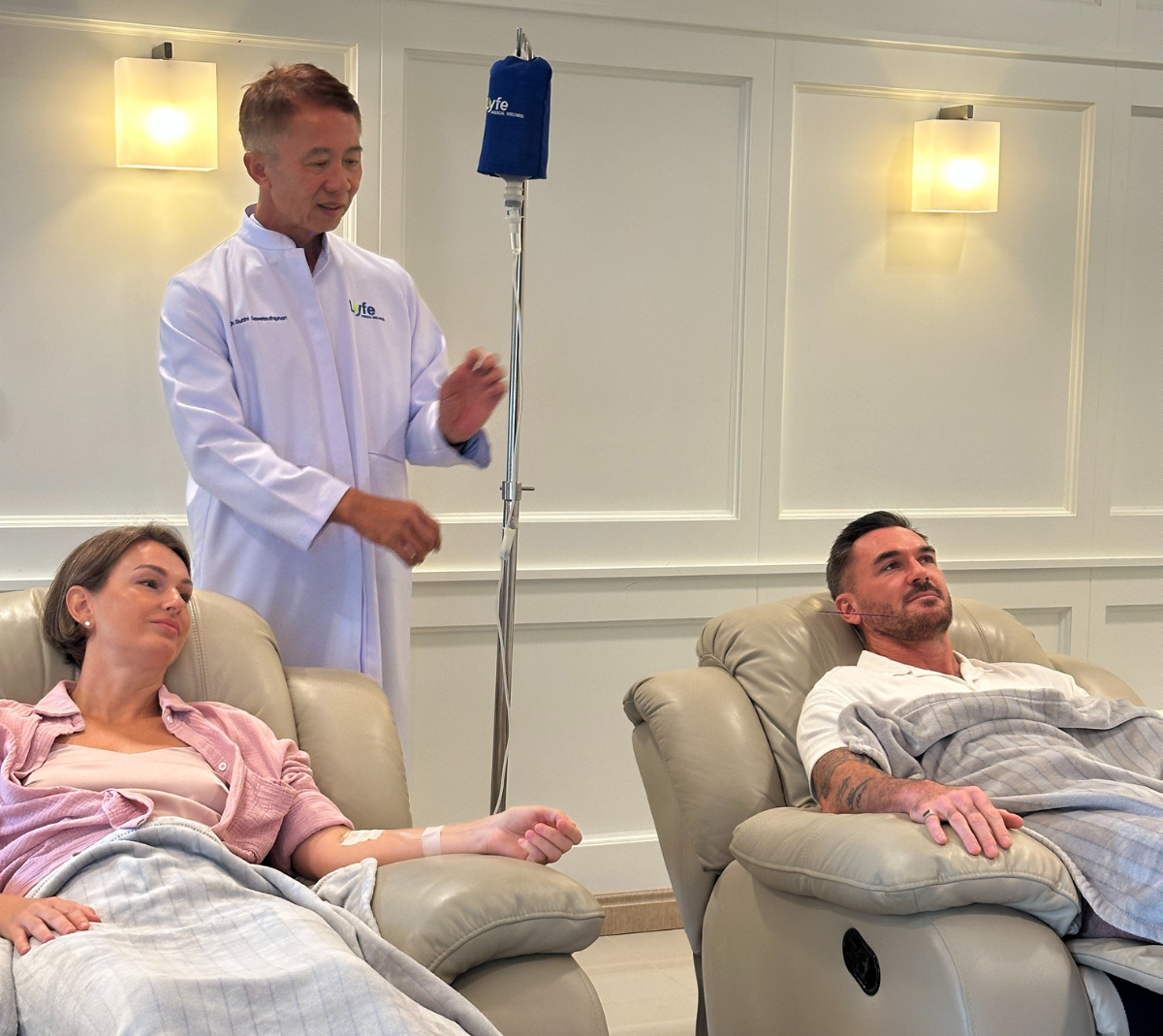Understanding Energy Decline: What Are the Common Causes?
Experiencing frequent fatigue or low energy may seem like an inevitable part of aging, but in many cases, it reflects more than just lifestyle choices. Energy levels are influenced by various internal and external factors including stress, sleep quality, diet, and especially hormonal changes. When hormonal imbalances occur, they can disrupt your body’s natural rhythm, affecting everything from mood to sexual function.

What Symptoms Indicate Low Energy Levels?
Symptoms of hormonal imbalance that can affect energy include persistent tiredness, brain fog, irritability, and hot flashes. These physical symptoms may also reflect underlying medical conditions or cortisol imbalances, which interfere with your body’s natural stress response.
How Do Lifestyle Factors Contribute to Energy Levels?
Daily routines that include irregular sleep, high stress, lack of physical activity, and poor nutrition may lead to hormonal disruptions. Over time, these patterns may cause symptoms that further decrease vitality and overall health.
Can Diet and Nutrition Affect Your Energy?
Absolutely. What you eat directly impacts your blood sugar levels, metabolism, and hormone production. Nutrients such as magnesium, vitamin D, and omega-3s help support hormonal balance and may help improve energy and clarity. A poor diet can exacerbate imbalances in estrogen levels, progesterone levels, and other key hormones.
What Role Do Hormones Play in Energy Regulation?
What Are Hormones and How Do They Function in the Body?
Hormones are chemical messengers that help regulate bodily processes including metabolism, sleep, and stress responses. These natural hormones are produced by glands such as the thyroid, pancreas, and adrenal glands, and they influence nearly every function in your body.
Which Hormones Are Most Influential on Energy Levels?
Certain hormones, such as thyroid hormones, testosterone, cortisol, and human growth hormone (HGH), have a direct impact on energy and stamina. In females, estrogen and progesterone play pivotal roles, especially around the menstrual cycle, perimenopause, or symptoms of menopause. In males and females, growth hormone and testosterone contribute significantly to energy and vitality.
How Can Hormonal Imbalance Manifest in Daily Life?
Is Growth Hormone the Key to Restoring Your Energy?
Growth hormone therapy, especially when part of bioidentical hormone therapy, has been explored as a potential avenue to help restore balance. While hormonal imbalance can be treated, it’s crucial to understand that hormone therapy can help in specific, clinically monitored contexts. It is not a universal fix and must be tailored to individual treatment plans.
What Is Growth Hormone and What Does It Do?
Growth hormone is a natural hormone secreted by the pituitary gland. It plays a key role in cell regeneration, muscle mass maintenance, and the production of HGH that supports energy metabolism. It impacts how tissues and organs function and recover.
How Does Growth Hormone Affect Energy Metabolism?
As we age, growth hormone levels naturally decline, which may lead to hormonal deficiencies. This drop can affect metabolism, resulting in slower recovery, decreased muscle tone, and low energy.
Can Increasing Growth Hormone Levels Improve Your Energy?
Some seek to increase human growth hormone levels through lifestyle changes, peptides, or hormone therapy. However, any approach should be guided by professionals and based on hormonal testing, as much or too little of any hormone is produced can have side effects.
How Can You Determine If You Have a Hormonal Imbalance?
What Tests Are Available to Assess Hormonal Levels?
Modern diagnostics, including blood panels and saliva tests, can detect symptoms of hormonal imbalance. These hormonal testing methods provide insights into testosterone levels, estrogen levels, and more.
How Can You Identify Symptoms of Hormonal Imbalance?
If you’re experiencing symptoms such as fatigue, mood swings, sexual dysfunction, or symptoms like weight gain and sleep disturbances, it may point to common hormonal issues or polycystic ovary syndrome.
Should You Consult a Healthcare Professional for Hormonal Issues?
Yes. Self-diagnosing can be misleading, as symptoms may also reflect other chronic conditions. Consulting a qualified practitioner ensures a safe, effective approach to restore balance.
What Are the Treatment Options for Hormonal Imbalance?
How Can Lifestyle Changes Help Restore Hormonal Balance?
Incorporating exercise, adequate sleep, and stress management can reduce symptoms and bring the body back into balance. These changes can also help normalize female hormones and stress hormone levels.
Are There Supplements That Can Support Hormonal Health?
While natural remedies and plant-derived hormones may be part of a wellness plan, they should be considered supplementary. Always discuss with a medical professional before integrating these into your regimen.
What Role Does Hormone Replacement Therapy Play?
Hormone replacement therapy, including bioidentical hormone therapy, may be used to treat symptoms of a hormonal imbalance. It’s often used to manage symptoms of menopause, estrogen and progesterone shifts, or low testosterone levels. Hormone therapy can help support recovery in a medically controlled way.
What Lifestyle Changes Can Enhance Energy Levels?
How Important Is Regular Exercise for Energy Boost?
Exercise stimulates the production of hormones that control metabolism and stress, including HGH and cortisol. It improves circulation and oxygen delivery, helping to elevate daily energy.
What Dietary Adjustments Can Support Hormonal Health?
Focus on whole foods, healthy fats, and lean proteins to balance blood sugar levels and stabilize hormone production. Reducing processed foods and sugar is especially important in managing fluctuating hormone levels.
How Can Mindfulness and Stress Management Improve Energy?
Chronic stress increases cortisol imbalance, impacting sleep and immune function. Mindfulness practices such as meditation and breathing exercises may help reduce this imbalance, enhancing vitality.
Conclusion
Declining energy may be a natural part of aging, but it can also be a signal of hormonal imbalance. With the right diagnostic tools and treatment options, you can address the signs and symptoms and create a plan that supports your overall health.
At Lyfe Medical Wellness, we specialize in personalized wellness plans that aim to help restore balance through lifestyle guidance, diagnostics, and integrative care. If you’re experiencing symptoms of fatigue or suspect a hormonal imbalance, let our expert team help guide you back to optimal performance.
Contact Lyfe Medical Wellness Today:
📍 Rawai Clinic: 58/147 Moo 6 T. Rawai, Muang, Phuket, Thailand, 83130
📍 Laguna Phuket Clinic: 29/99 Moo4, Cherngtalay, Thalang, Phuket 83110
📞 +66-94-926-3269 | +66-62-462-3969
📧 info@lyfemedical.com
🌐 lyfemedical.com

